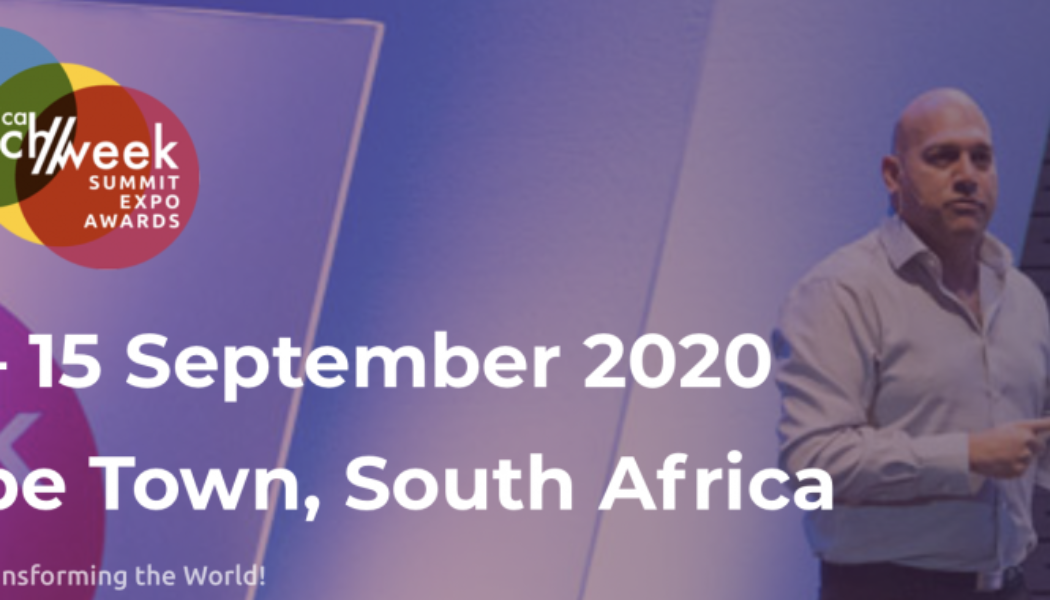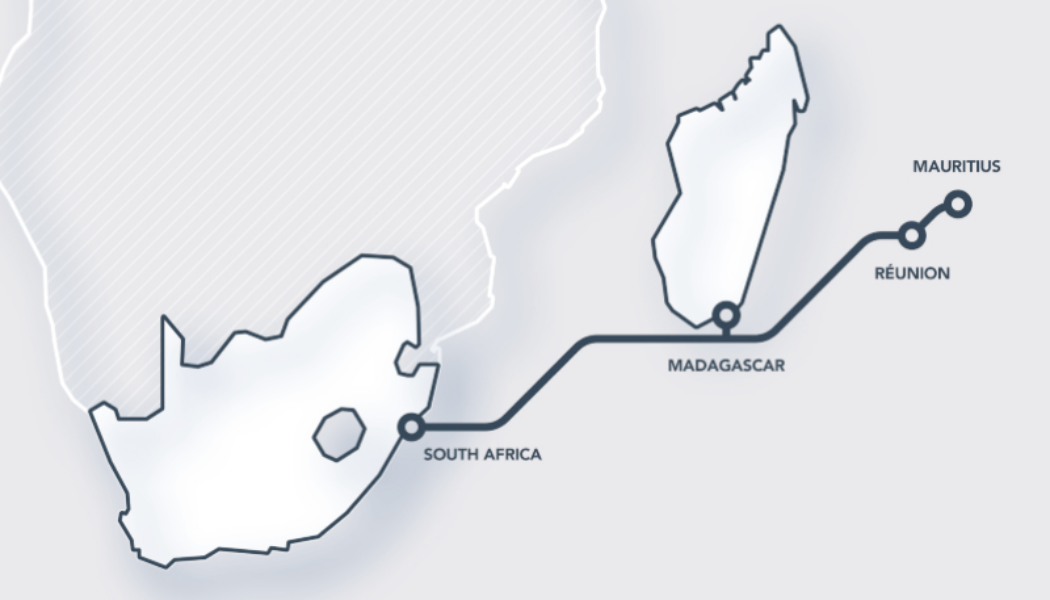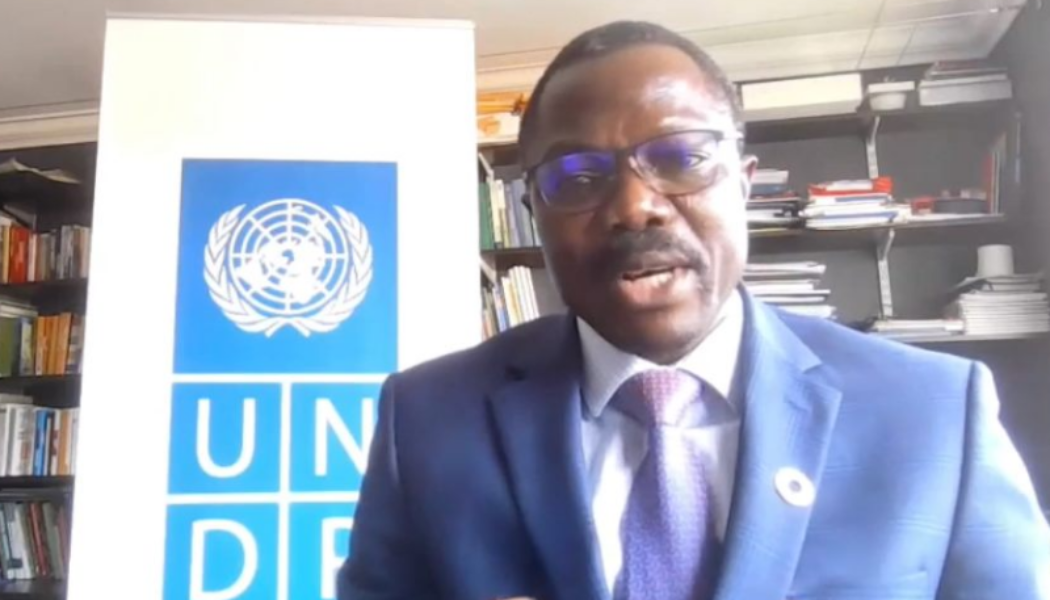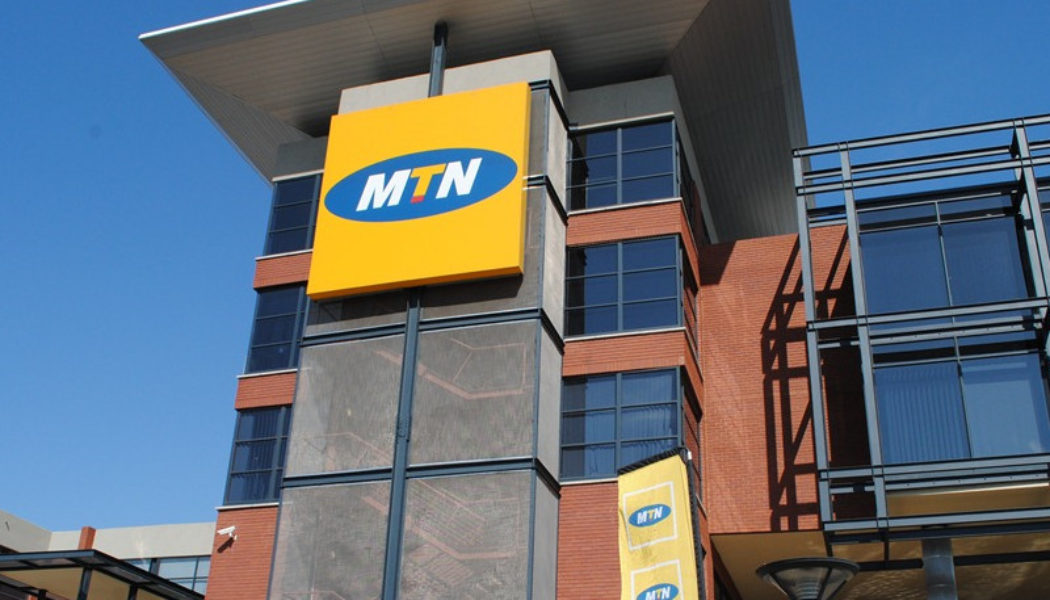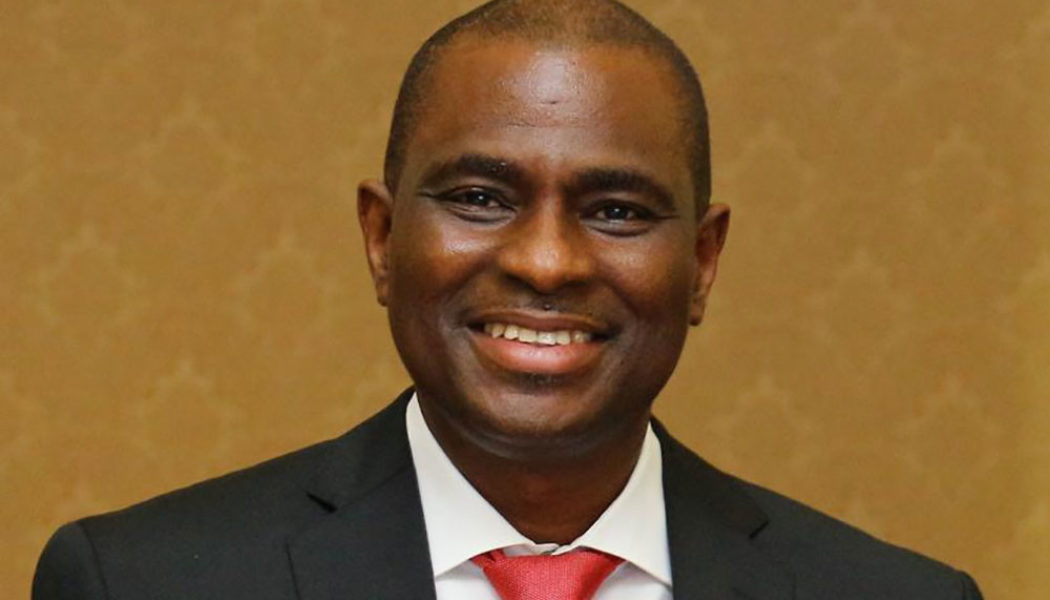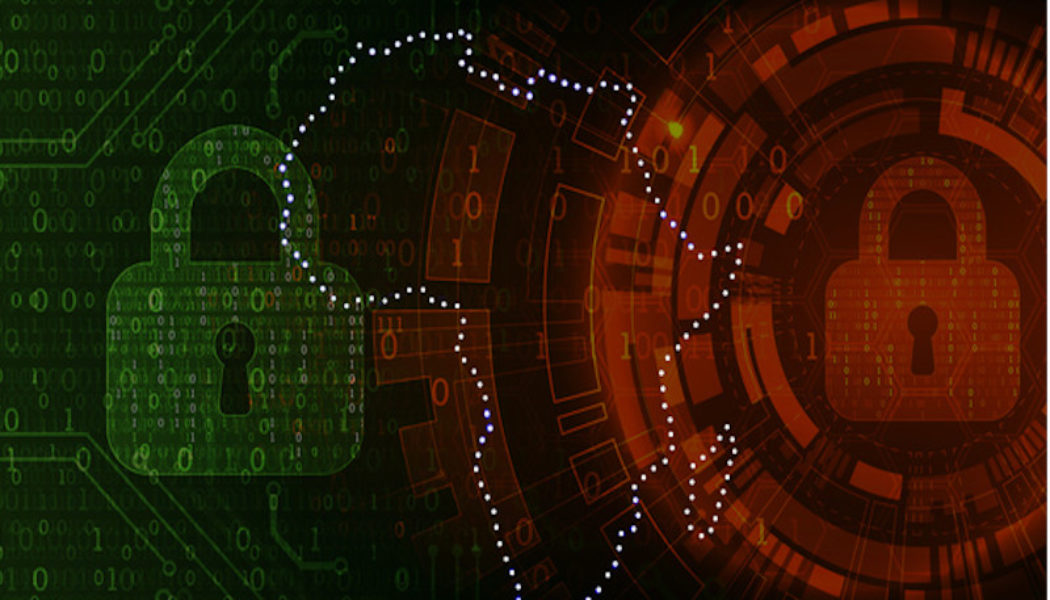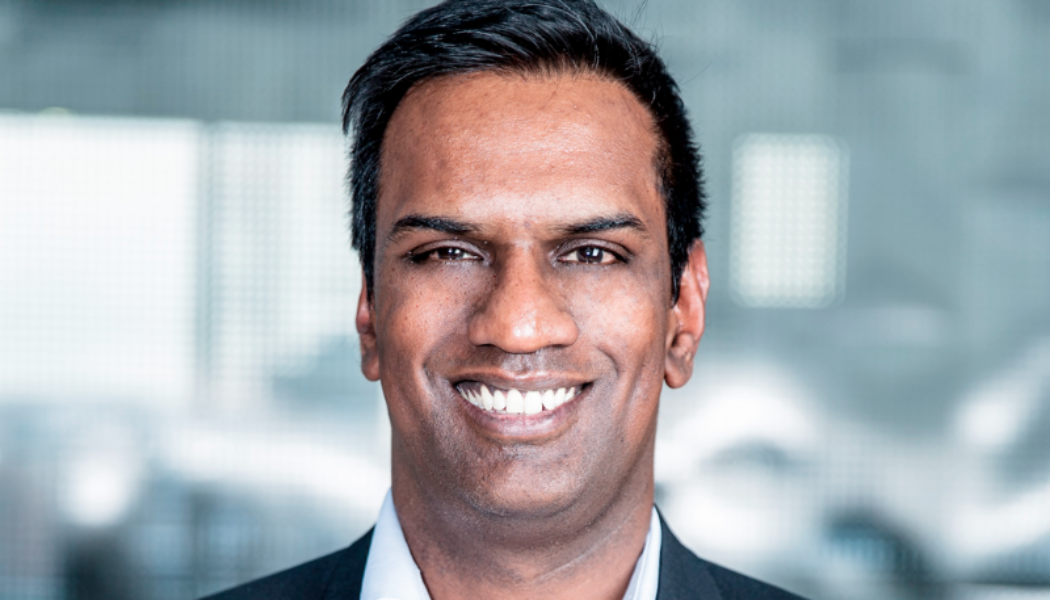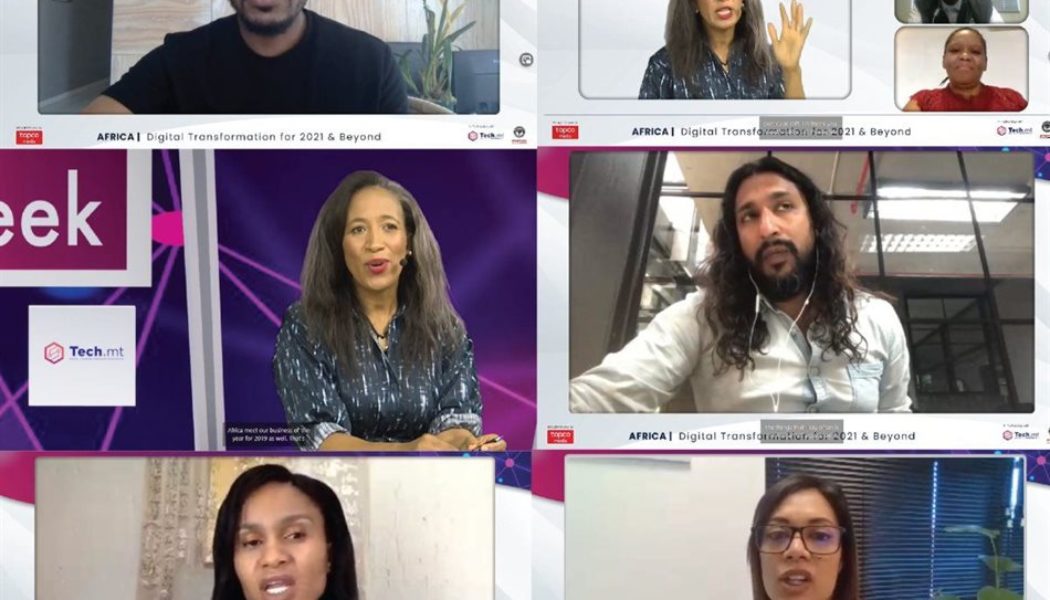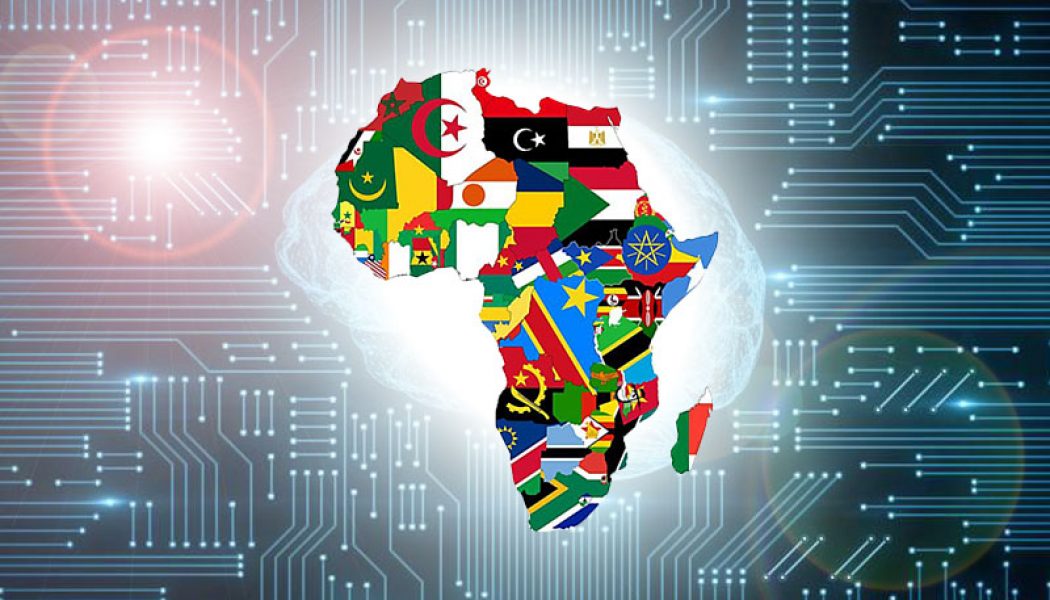Africa By Region
Paxful Records Over 6 Million Users
Paxful now has more than six million users across its peer-to-peer payments platform. The fintech allows users to buy and sell cryptocurrencies, make payments and send money. “Our mission at Paxful is to give everyone equal access to finance, no matter who they are or where they are, so they can control their own money and build the future they want with financial freedom,” says Ray Youssef, CEO of Paxful. “The financial system is failing 99% of the world’s population; it’s disconnected and out of date. This means there’s no way out of income inequality for a lot of people in the world. With crypto-currencies, we see an alternative way to create a financial system based on equality. Hitting the $5 billion volume mark shows us we are making a difference and we’re just getting started.” Paxf...
MÉTISS Undersea Cable Connects South Africa to Mauritius
MÉTISS is a 3,200 km subsea fibre optic cable system that connects South Africa to the Indian Ocean islands of Madagascar, Reunion and Mauritius – it lands in Amanzimtoti and is backhauled by Liquid Telecoms to Teraco’s data centre in Durban. With MÉTISS consortium members having the infrastructure in both the Teraco Durban (DB1) and Johannesburg (JB1)data centre facilities, the Indian Ocean Islands have direct access to Teraco’s ecosystem of over 300 networks, 130 IT service providers, 50 global content providers, and the key global cloud providers says Michele McCann, Head of Interconnection and Peering at Teraco. The availability of a new cable servicing the Indian Ocean Islands region widens the addressable market for content and cloud providers in South Africa. It adds new r...
Is ICT the Solution to Unemployment in Africa?
Sourced from IDG Connect The socio-economic impact of the COVID-19 pandemic is especially hard-hitting for younger generations in Africa. The youth are faced with multiple challenges including disruptions to education, training and on-the-job learning. They are further impacted by employment and income losses due to layoffs and reduced working hours. Despite massive obstacles, the employment crisis should be an opportunity for immense transformation. The pandemic has shown that digital technology is now vital for every economy, greatly increasing the potential for Information and Communication Technologies (ICT) to solve growing problems of unemployment and skills development across the continent. However, the success of countries’ responses to this crisis, the sustainability of the recove...
Here’s How Many Mobile Users in Kenya and Nigeria are Affected by Stalkerware
Stalkerware affects one out of every 100 mobile users in Kenya and Nigeria, according to Kaspersky Research. The same report reveals that similar malware impacts every four out of 100 South Africans. “Even though these numbers might seem low, especially when it comes to stalkerware, it bears mentioning that this form of attack is focused on specific individuals,” says Lehan van den Heever, Enterprise Cyber Security Advisor for Kaspersky in Africa. “So, unlike general malware that is distributed on a massive scale, stalkerware is a more personal crime that has life and death consequences for the individual affected, for example, a perpetrator can track down their estranged partner with ill intentions, or human trafficking rings targeting children.” Amongst other things, stalkerware can enab...
Absa Group Appoints New Chief Risk Officer
Absa has appointed Deon Raju as the new Group Chief Risk Officer – effective 1 June 2021. Raju is currently Absa Group Treasurer, primarily responsible for the liquidity risk, funding, capital, and non-traded market risks of the Group. He has been with Absa for more than 20 years, having held roles including in Enterprise Risk, Finance, Investment Banking, Credit Portfolio Management and Global Markets. He is a seasoned banking professional with deep institutional knowledge of the Group, as well extensive and diversified banking experience in business, finance and risk management. Raju is a Chartered Accountant and a Chartered Financial Analyst. He holds a BCom (Honours) from the University of Natal and is currently completing an MSc in Finance at the University of Michigan (Dearborn). “De...
Should African Governments Digitise to be Innovative, Inclusive and Resilient?
Sourced from Redbubble and iStock. It’s been said before, but it bears repeating – the COVID-19 pandemic offers Africa the chance to leapfrog development through digitisation, and potentially position itself as a global digital powerhouse. And while the private sector has an important role to play in this development, governments across Africa have a critical role to play in enabling digitisation, through infrastructure development, but also in digitising their own systems and processes and by creating an enabling environment using regulatory and legal tools. Developments such as the African Continental Free Trade Agreement (AfCFTA) reinforce the urgent need for governments to digitise to enable not just trade, but positive economic growth across the continent. In its report Reopening and ...


